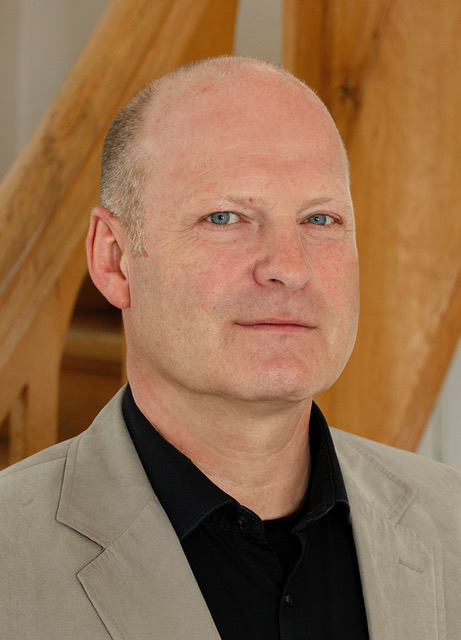Hier finden Sie detaillierte Profile der DKTK Faculty-Mitglieder mit Programmschwerpunkten und Forschungsfokus in der Forscherdatenbank. Kontakte aller DKTK Wissenschaftler:innen finden Sie im DKTK Intranet.
Forscherdatenbank

Prof. Dr. Winfried Wels
Institut für Tumorbiologie und experimentelle Therapie
Paul-Ehrlich-Straße 42-44
60596 Frankfurt
Programm
Cancer Immunotherapy (CI)
Übersicht
Genetically engineered lymphocytes for adoptive cancer immunotherapy
Cytotoxic lymphocytes genetically modified to express so-called chimeric antigen receptors (CARs) hold promise for adoptive cancer immunotherapy. CARs are artificial transmembrane proteins that typically contain an extracellular single-chain antibody fragment (scFv) for recognition of antigens on the tumor cell surface, fused to intracellular signaling moieties such as CD3ζ or composite sequences harboring in addition one or more costimulatory protein domains.
While potent antitumoral activity of CAR-modified T cells has been demonstrated in patients with malignancies of B-cell origin, experience with CAR-engineered natural killer (NK) cells and their clinical development is still limited. NK cells play a crucial role in cancer immunosurveillance and represent an important effector cell type for adoptive cancer immunotherapy. Unlike T cells, they do not require prior sensitization and recognition of peptide antigens presented in complex with MHC molecules. Instead, their cytotoxicity is triggered rapidly upon appropriate stimulation through germline-encoded cell surface receptors that in part signal through CD3ζ. Hence, CARs based on CD3ζ readily link to endogenous signaling pathways and trigger selective cytotoxicity, as we previously demonstrated for NK cells that carry CARs specific for the B-cell antigens CD19 and CD20 or solid tumor antigens such as ErbB2/HER2, EGFR/EGFRvIII, EpCAM and GD2.
In ongoing work we are developing CAR-engineered derivatives of the clinically usable human NK cell line NK-92 as targeted cell therapeutics for the treatment of tumors of neurological and epithelial origin. Likewise, genetic modification of donor-derived primary killer cells with CAR-encoding vectors aims at specific targeting of these effectors to childhood leukemia and other malignancies.